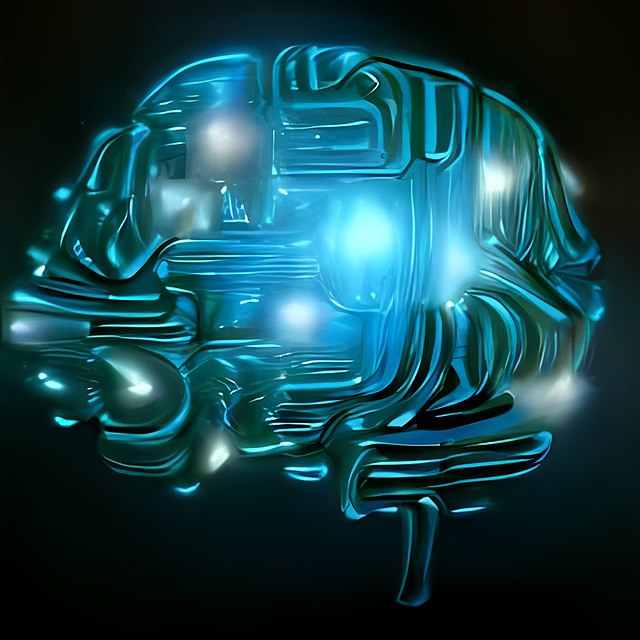ChatGPT: Is AI Outsmarting Humans?
June 5, 2023
Commonly held belief states that artificial intelligence (AI) will never surpass the level of human intelligence. Recent progress in AI has begun to question this idea. The perfect example of this would be ChatGPT—a large language model created by OpenAI. Experts believe that it will soon outpace human wits as its intelligence grows by the day. This progress is not entirely beneficial because of the potential negative impacts on society.
Training on massive amounts of data has allowed ChatGPT to grasp and reply to natural language inquiries. Its accuracy and nuance increases as it learns from human interactions. In specific situations, it is already surpassing human specialists in tasks such as interpretation and summarizing.
AI systems such as ChatGPT becoming more intelligent than humans pose a problem as they have the potential to substitute human employees in numerous sectors. ChatGPT could be utilized for various purposes such as writing news articles, drafting legal briefs, or even diagnosing medical conditions. Job losses, especially in fields that demand high levels of expertise, could be a possible outcome.
AI also holds a possibility to become uncontrollable. An AI system that outperforms humans in terms of intelligence could generate its own objectives and incentives. Harmful actions to humans by the system could be an unintended consequence of this situation.
Besides, ChatGPT might be employed with malicious intent. One possible scenario is that it was taught using biased or fabricated information, causing it to spread false statements and potentially harmful comments.
The extent of authority we should put upon AI systems such as ChatGPT is also an ethical query. Should we hold someone accountable if robots become smarter than humans and commit an offense? How do we make certain that they are used to improving society as a whole, rather than simply benefiting individuals or companies?
In closing, the growth of ChatGPT and other AI systems is both stimulating and disconcerting. Even though they possess the ability to revolutionize our world, they threaten to hold vast negative consequences. Developing AI requires careful consideration and caution. It is imperative that we guarantee its ethical development and prioritize the welfare of humanity.


